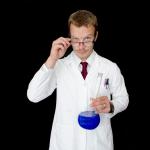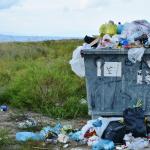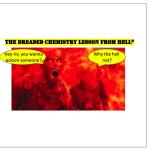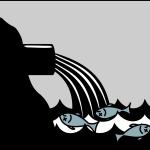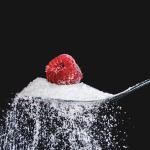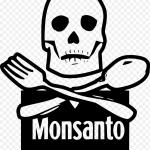Background
Chemicals & Chemistry
As a new dad, there's no one I love more than my son. I want to protect him from danger, raise him with the right values, and, more basically, feed him safe, nutritious food.
If you're like me, you've eaten a fair amount of frozen pizza throughout your life and experienced few or no side effects. That's because this classic American cuisine carries no serious health risks.
Join ACSH directors of bio-sciences and medicine Cameron English and Dr. Chuck Dinerstein as they break down these stories on episode 14 of the Science Dispatch podcast:
Over the weekend, I took my family to the Monterey Bay Aquarium. My wife and I loved going as kids, and now that we have a young son, we were eager to watch him experience it for the first time.
It's always sort of fun to catch The New York Times when it makes a chemistry error. It happens from time to time, especially when they are writing about chemistry. I just caught one, but this time it's not their fault.
I have to give credit where credit is due. The activists at EWG know how to write excellent headlines.
Join ACSH contributor Dr. Jane Caldwell and director of bio-sciences Cameron English as they examine recent claims that artificial sweeteners may pose a pollution risk.
Like most people, I harbor a set of pretty standard concerns: paying bills, balancing work and family life, and protecting my son from crazy people who “identify” as
One of the best ways to sustain your bad ideas is to surround yourself with people who think just as you do. Like a cult member who only associates with other true believers, you're effectively cut off from outside scrutiny.
